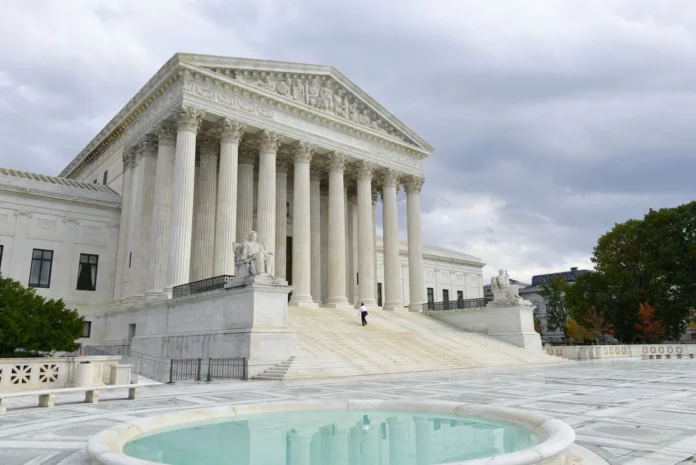The United States Supreme Court has firmly upheld the legal status of same-sex marriage across the nation, rejecting an appeal that sought to overturn the landmark 2015 Obergefell v. Hodges decision. The court’s refusal to hear the case, which originated from a Kentucky county clerk who refused to issue marriage licenses to gay couples, leaves the precedent intact and delivers a resounding victory for LGBTQ+ rights advocates who had feared a conservative-led judicial reversal. The decision, arrived at without comment or noted dissent as is standard for such denials, provides a crucial measure of stability for hundreds of thousands of families whose marital rights had been cast into uncertainty by the legal challenge.
The rejected appeal was the latest in a series of attempts by conservative legal groups to test the resolve of the Supreme Court’s current majority on social issues following its decision to overturn Roe v. Wade. A lawyer representing the plaintiffs expressed disappointment but acceptance, stating, “While we respect the Court’s decision, we continue to believe that the Obergefell decision was a judicial overreach that redefined a fundamental social institution.” This perspective maintains that the definition of marriage should be determined through the democratic process in individual states, not mandated by the federal judiciary. However, for proponents of marriage equality, the Court’s inaction spoke volumes, effectively slamming the door on this particular line of legal attack.
The leader of a major national LGBTQ+ rights organisation hailed the development as a critical affirmation. “This is a monumental relief and a victory for hundreds of thousands of families,” they said. “The Court has sent a clear signal that marriage equality is settled law in this nation.” This sentiment was echoed with profound personal relief by those directly affected. A married same-sex spouse, reacting to the news, shared, “For a moment, we held our breath. Today, we can exhale and know that our family, our marriage, is still recognised and protected.” The decision removes the immediate threat of a patchwork of state laws that would have rendered some marriages invalid when couples cross state lines.
The Supreme Court’s move has significant implications for the future of LGBTQ+ rights litigation. It suggests that for now, the court is not inclined to revisit the core holding of Obergefell, even as it continues to weigh cases involving religious exemptions to anti-discrimination laws. The ruling provides a bedrock of legal certainty, allowing activists to focus on defending against more peripheral challenges rather than the central right to marry itself. While the political debate over marriage will undoubtedly continue, the highest court in the land has, for the foreseeable future, affirmed that the right of two people of the same sex to marry is a settled and protected feature of American life.



















